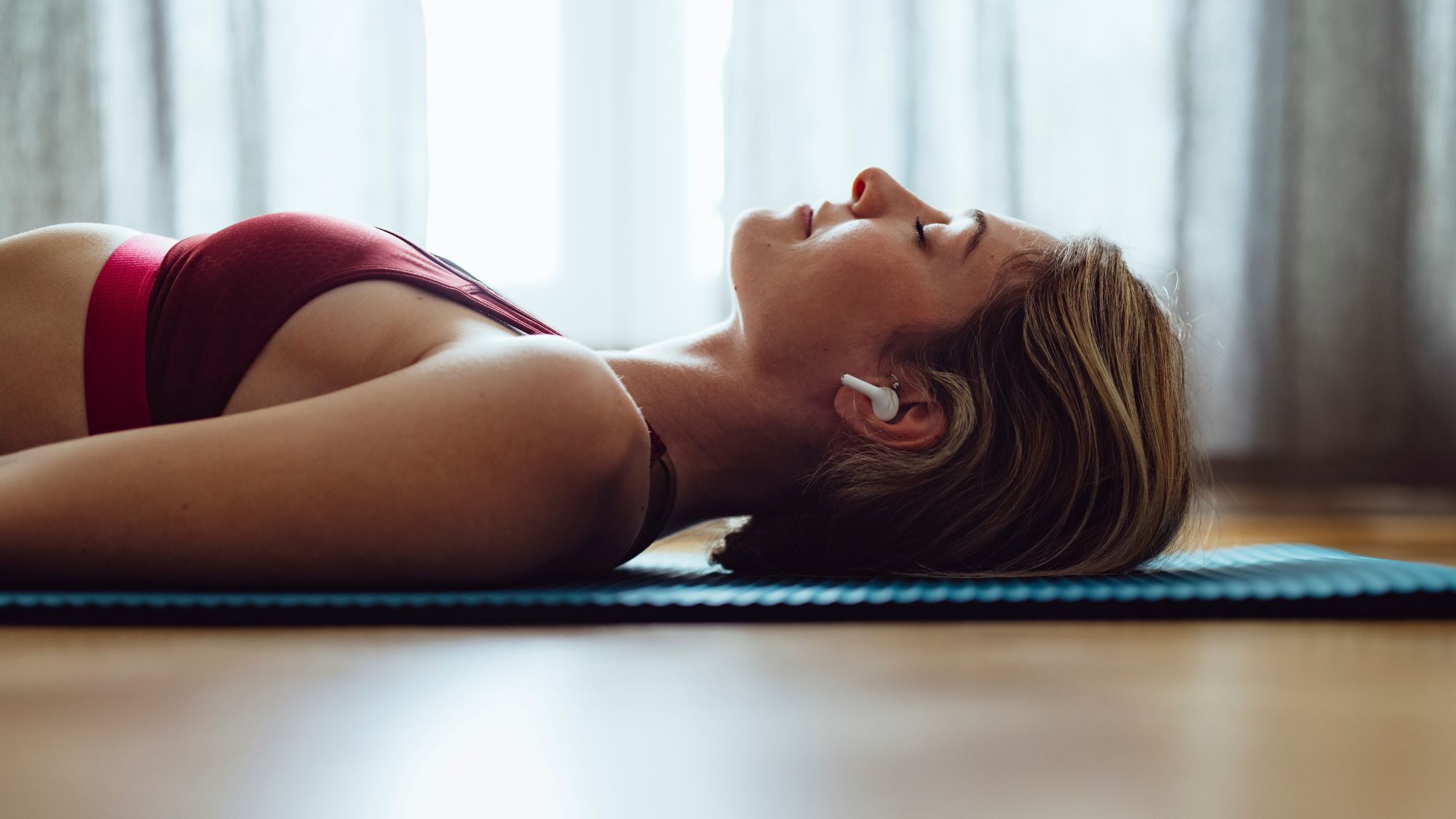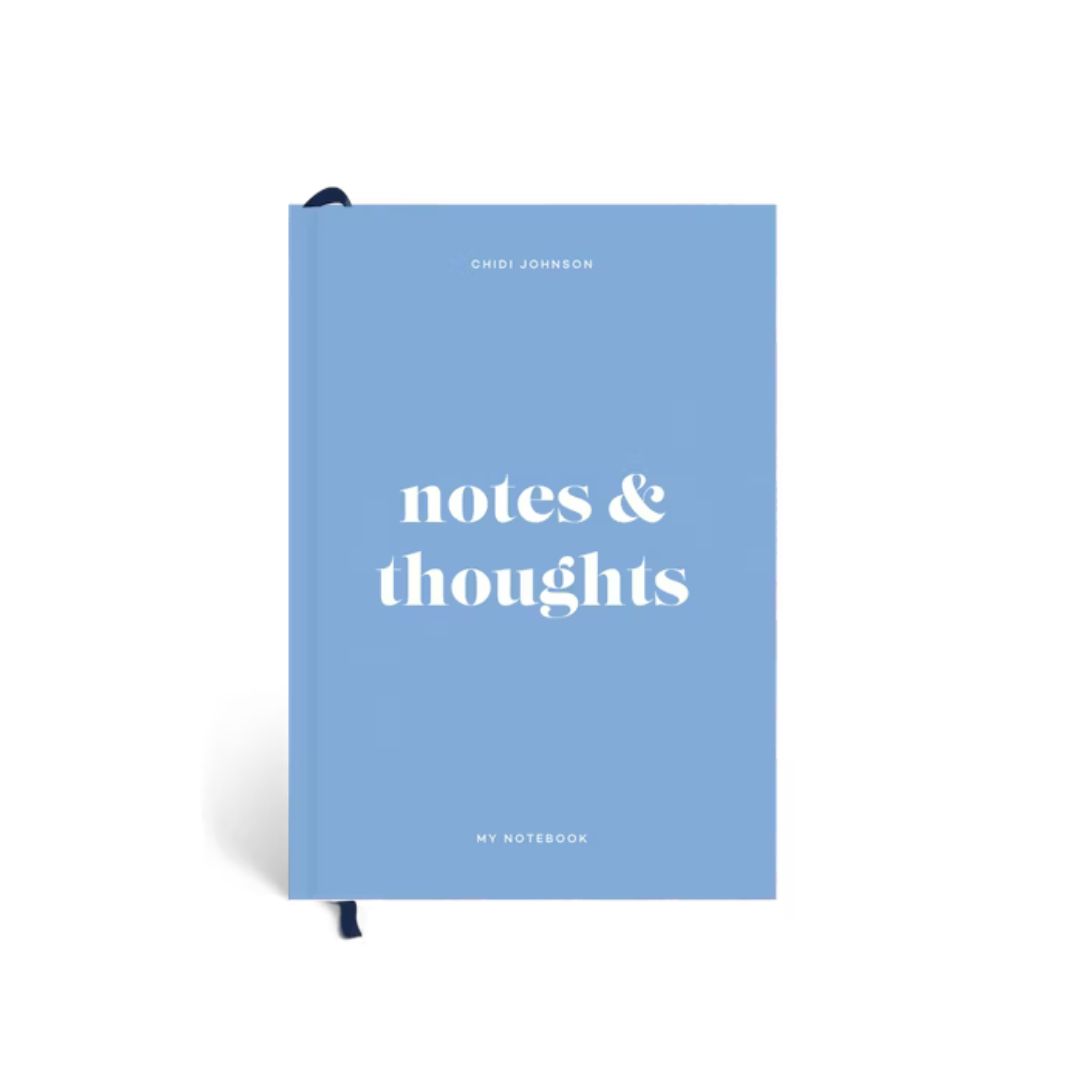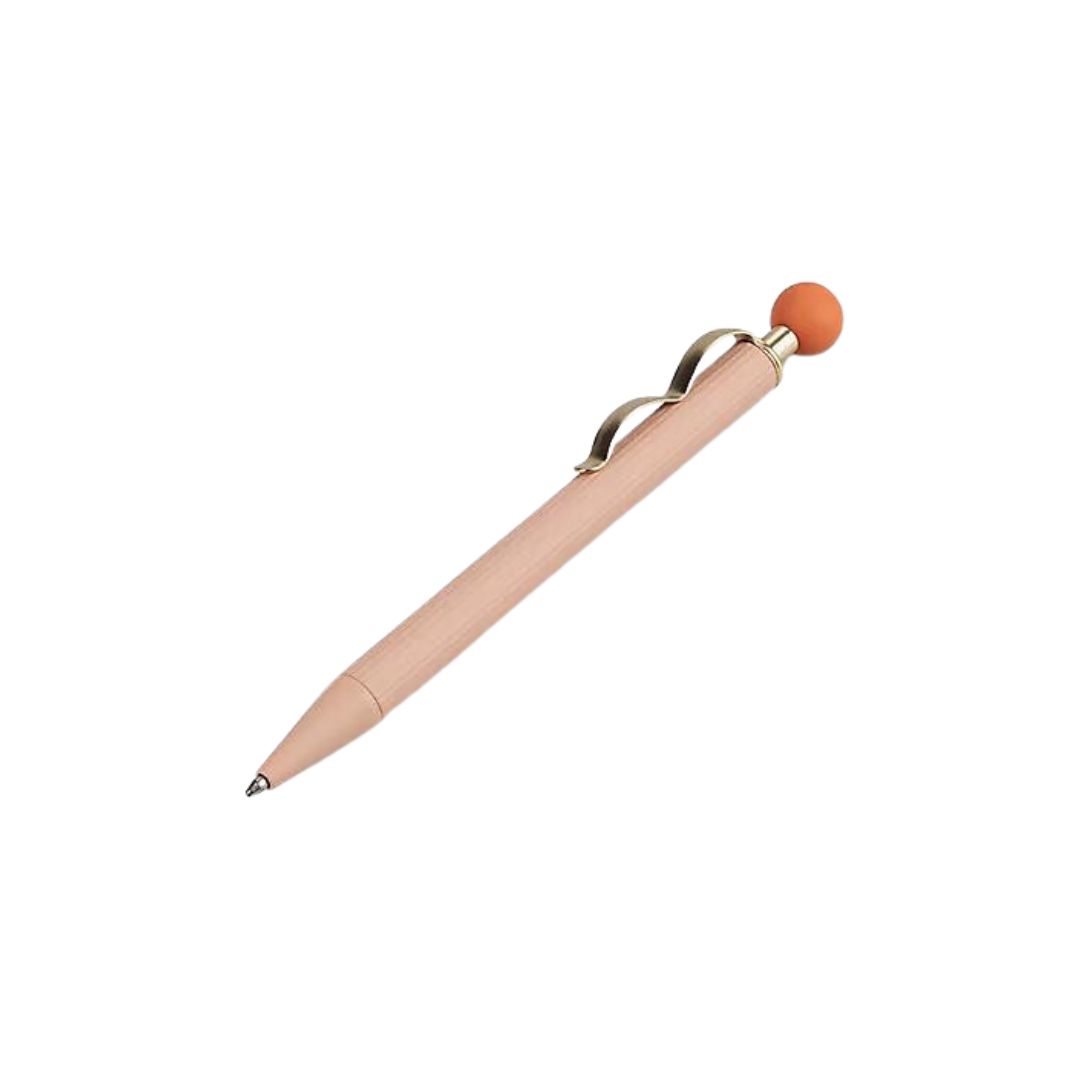I get easily overwhelmed at this time of year - 11 coping techniques for anxiety that always help during the busiest periods
'Tis season is not always jolly, but these 10 tricks help me find calm

- 1. Write a to-do list
- 2. Identify your emotional triggers
- 3. Remind yourself this isn't failure
- 4. Identify your symptoms
- 5. Up your self care
- 6. Practice mindfulness or meditation
- 7. Practice progressive muscle relaxation (PMR)
- 8. Try deep, diaphragmatic breathing
- 9. Try cognitive behavioural therapy (CBT)
- 10. Get moving
- 11. Try graded exposure

'Tis the season to be jolly, but sometimes it doesn't always feel that way. If this time of year feels a lot, know this: it's just as overwhelming for those around you - yes, even those with perfect Instagram photos and Vlogmas videos. That's where coping techniques for anxiety come in - simple ways to keep your mental health in check at an undoubtedly stressful time of year.
A study by Mind confirms that many find the Christmas period stressful, due to money worries, debt and loneliness. "The Christmas season often brings with it high expectations and pressures, with many people feeling the need to create a "perfect" Christmas," explains Dr Elena Touroni, a consultant psychologist and co-founder of The Chelsea Psychology Clinic. "This pressure is often made worse by the desire to share these idealised moments with friends and family on social media. When reality doesn't match these expectations, it can lead to feelings of inadequacy or failure."
If you're feeling more overwhelmed than usual, the holiday season could be to blame. Dr Sophie Mort, clinical psychologist and mental health expert at Headspace points to one Harvard study which shows that "stress can arise as the Christmas period overwhelms your cognitive capacity and you juggle more tasks and social events than usual."
In short, you're more stretched than usual, which means you're more likely to get exhausted and even feel like your memory is failing you, explains Dr. Mort. "It isn't - it's simply that you've maxed capacity," she goes on.
Showing the tell-tale symptoms of anxiety and signs of stress and want to know how to manage your anxious feelings right now? We've got just the toolkit for you. Don't scroll the Internet trying to find answers for how to deal with anxiety - scroll top tips from qualified professionals instead. Keep scrolling as psychologists and mental health experts share their go-to coping techniques for anxiety.
Coping techniques for anxiety: 11 that psychologists recommend
"It's common that people also feel the stress this time of year brings as they have to complete everything on their to-do lists before the holidays," explains Dr Mort. "Plus, there's the potential pressure of spending the holidays with family and friends, bringing fear of new conflicts and reminders of old. Or, for those who don't get to be with loved ones, it brings reminders of loss, loneliness and grief."
"To make things tougher, in some regions, this time of year coincides with the winter months when there is less sunlight. Seasonal Affective Disorder, characterised by changes in mood and energy levels associated with seasonal shifts, can contribute to more stress and low mood," explains Dr. Jenna Vyas-Lee, clinical psychologist and co-founder of mental healthcare clinic Kove.
Marie Claire Newsletter
Celebrity news, beauty, fashion advice, and fascinating features, delivered straight to your inbox!
To be clear - stress and anxiety are different, the latter being a mental health disorder typically characterised by restlessness, a sense of dread or fear, feeling constantly "on edge", difficulty concentrating, and irritability, as per the NHS website. While fairly common - a recent health report predicts that as many as 65% of women in the UK will experience anxiety at some point in their lives - if your symptoms persist or begin to impact your day-to-day life, it's important to book an appointment with your GP or a mental health professional.
That said, if your feelings only seem to crop up for a few days or weeks at this time of year, coping techniques for anxiety may come in handy. Below, we've asked the experts for their top ten tips to reduce anxiety and make the end of the year less overwhelming. Don't miss our guides to stress vs anxiety, how to relax and how I got on journaling for anxiety, while you're here.
1. Write a to-do list
Super simple yet also super effective, writing a to-do list and getting all of the things that have been buzzing around your brain down onto paper can be seriously effective at quietening a busy mind.
Try this: "One easy solution is getting clear on your to-do list," recommends Dr. Mort. "Try delegating tasks that can be delegated, crossing off those that are unnecessary, and scheduling in time to rest, too."
2. Identify your emotional triggers
Identifying what, exactly, it is that's causing you stress and anxiety can be a very effective way of easing your worries, share our experts. Are you nervous about affording everything? Or apprehensive about the tipsy talk after dinner with your extended family?
Dr. Touroni advises planning ahead and "identifying potential emotional triggers in advance, for example, certain interactions or cooking." By going over the play-by-plays in your head before they happen, you'll be more prepared for any situation.
Try this:
- Write down everything that's causing worry or that's triggered you in the past.
- Spend time planning how to navigate these worries- this will help you to feel more in control. For example, could you delegate washing up to your brother, avoid social media, or mute stories that will trigger you?
- Keep the list with you, or put it into notes on your phone, so whenever you find yourself in these situations you can remind yourself of your triggers and how you plan to remove yourself from those situations.
"Anticipating your emotional response allows you to develop a coping plan ahead of time," the expert goes on. An example might be leaving the room to practice deep breathing or self-soothing techniques when emotions run high. "Making a plan in advance is also a great way to reduce stress levels by helping you feel more in control."
3. Remind yourself this isn't failure
Hands up if anxiety ever makes you feel like you've failed in some way? This is common, confirms Dr. Mort. "This only serves to make you feel worse when you are already feeling uncertain," she goes on.
Try this: After writing your planning ahead list, try jotting down all the things you've achieved this year despite feeling overwhelmed. This will boost your self-esteem and remind you that you are capable of doing hard things, and can do them again. Not sure where to start? Our guide to reframing negative thoughts will come in handy.
A post shared by Dr Soph I Psychologist (@_drsoph)
A photo posted by on
Shop our go-to journaling aids:

Sometimes having a pretty journal to pen all your thoughts is all you need to get started. Papier is always my go-to for wellness planners and journals. With lined, dotted or plain options available and your can personalise the cover, too.

Nothing beats a good pen, and we can confirm this curve ballpoint from Selfridges ticks all our boxes.

Journaling is a highly personal practice, yet sometimes, the art of putting pen to paper and writing a friend, colleague or loved one a letter can also be cathartic. Whether it's to thank them or just brighten their day, we're a big fan of these cute Papier notecards for a personal touch.
4. Identify your symptoms
As we've touched on above, symptoms of anxiety can include a racing heart, shortness of breath, and even a dry mouth. Getting accustomed to these more physical symptoms means you'll understand what's happening to you if and when they do arise.
"The moment you understand the fight/flight response and how your heart and thoughts are racing linked to this, you'll stop a lead cause of panic called "catastrophic misinterpretation," explains Dr. Mort. This simply describes when you interpret a benign symptom as being dangerous - for example, panicking that you're having a heart attack when in reality it's a physical symptom of anxiety. "Many studies confirm that acknowledging your symptoms will stop the cycle of fear that causes one normal body sensation to turn into a full-blown panic attack."
Try this: Our expert guides on anxiety symptoms and anxiety attacks will help you to understand your symptoms better and reduce the cycle of fear or catastrophic misinterpretation, as Dr Mort explained.
5. Up your self care
As well as understanding your symptoms and what they mean, putting some protective factors in place and attempting to stop them before they can arise can be helpful.
Try this: "Simple things such as making plans so you feel connected, cutting down your to-do list, and working on your trusty coping skills will all help," shares Dr. Mort. "Similarly, engaging in holiday rituals like having a meal together, writing Christmas cards, and putting up decorations have all been found to be effective. This study found that holiday rituals have been associated with better mood, satisfaction with life, and social interactions."
6. Practice mindfulness or meditation
You've likely heard of the many meditation benefits by now. Still, it's worth reminding yourself that it is one of the most accessible copying techniques for anxiety, which can be done pretty much anywhere and anytime (yep, even through an awkward festive dinner).
So why is it so great? "Focusing on slow, deep breaths helps take your focus away from anxious thoughts and soothes your nervous system rather than feeding into the panic cycle where each breath gets faster and faster," explains Dr. Mort. "Within meditation and mindfulness, there is an added layer of learning to observe, accept, and even let go of your thoughts, feelings, and worries."
If you need more convincing - know that there are a plethora of studies on the benefits of these activities on anxiety. Apps like Headspace offer immediate access to guided mindfulness meditations and breathing exercises so you can practice.
Try this: The expert's advice is to practice as often as you can during moments of (relative) calm so that you know how to do them when stress, anxiety or panic comes knocking at your door. Download Headspace or try one of the best self care apps to remind you to take out ten minutes of your day whenever you're feeling stressed.
7. Practice progressive muscle relaxation (PMR)
Did you know? Another physical symptom of stress and anxiety is muscle tension - which is where progressive muscle relaxation, otherwise known as PMR, comes in. Never heard of it? "It involves tensing and then relaxing different muscle groups in your body," explains Dr. Touroni. "This practice can help release any physical tension and, in turn, reduce stress levels."
Don't worry - it's a straightforward technique that can be practised anywhere, making it particularly useful during busy times like Christmas, explains the psychologist. Dr Vyas-Lee agrees, adding: "This technique helps individuals become more aware of and release physical stress. Studies, including one in the Journal of Behaviour Therapy and Experimental Psychiatry, demonstrate that PMR is effective in reducing anxiety and promoting relaxation."
Imagine tensing a muscle for five seconds and then releasing it as you exhale before moving on a different group of muscles and you're on the right track.
Try this:
- Find somewhere quiet and comfortable, and start by taking five or ten deep breaths until you feel a little more relaxed.
- Lift your shoulders and hold for five seconds; feeling the tension, hold and then let go.
- Then move onto your hands, spread them wide, clench, hold the tension, breathe, and let go.
- Repeat through your legs, toes, chest, eyes, and eyebrows, holding the tension and then letting go.
- Feel your tension release.
8. Try deep, diaphragmatic breathing
Fun fact for you: deep breathing activates the body's relaxation response, reducing the physiological symptoms of anxiety, explains Dr. Vyas-Lee. "Diaphragmatic breathing involves breathing deeply into the diaphragm, rather than shallow chest breathing, promoting a calming effect," she goes on. "Research, including a study published in the Journal of Clinical Psychology in Medical Settings in 2017, suggests that deep breathing exercises can effectively reduce anxiety and improve overall wellbeing."
Try this: It's really as simple as taking a deep breath in, holding for five seconds, and then exhaling for five seconds. And, repeat...
A post shared by Headspace (@headspace)
A photo posted by on
9. Try cognitive behavioural therapy (CBT)
You'll likely have heard of cognitive behavioural therapy, or CBT, a therapeutic approach that helps individuals identify and challenge negative thought patterns associated with anxiety. "By changing cognitive patterns, individuals can modify emotional responses and behaviours. Numerous studies, such as those published in the Journal of Consulting and Clinical Psychology, provide strong evidence for the effectiveness of CBT in treating anxiety disorders," explains Dr. Vyas-Lee.
Essentially, it's a form of talking therapy and one of the most popular therapies out there for anxiety and depression symptoms. While it's best done with a qualified therapist, it examines your thought process and helps you reframe negative thoughts into more positive ones. Any work you can do to work towards this will set you in good stead for the holiday season.
10. Get moving
Working out isn't just great for boosting your physical health, but your mental health, too. Case in point - regular physical activity has been shown to release endorphins, aka your happy hormones, which act as natural mood lifters. "Exercise can also help reduce levels of stress hormones and increase the availability of neurotransmitters that improve mood," shares Dr. Vyas-Lee.
Try this: Start with a simple home workout for a quick mood booster, try exercise snacking if you're low on time, or add the benefit of spending time with others and try a new team sport.
Shop MC UK's go-to workout kit now:

These sweat-wicking Sweaty Betty leggings get our vote. They're breathable, quick-drying and super comfy - in other words, definitely up to the task.
11. Try graded exposure
Last but by no means least, this one's for the more severe cases of anxiety - that said, can certainly come in handy if you're suffering.
Dr. Mort advises this technique is best for instances where you start to avoid whatever it is that's causing your anxiety, be that the office, the supermarket, or your unwritten pile of Christmas cards. "Avoiding triggers for anxiety makes you feel better in the short term, but it teaches your brain that you only stayed safe as you avoided that thing," the psychologist explains. "Your brain then interprets this as meaning that place and those symptoms must be really dangerous, meaning the next time you go near one, your anxiety and symptoms will feel worse, not better."
The simple solution? Come up with a plan - and stick to it. Experts call this "graded exposure," which has been studied in depth and entails facing your anxiety in small steps.
Try this: "Try breaking down facing your anxiety into the smallest steps," she recommends - in other words, start with the one that feels most manageable and build from there. "For example, if the supermarket feels overwhelming, you could first sit in the car in the car park for five minutes, breathing slowly and observing your symptoms as they come and go."
After you've done this, you'll likely find it wasn't as bad as you'd thought, enabling you to enter the supermarket for a small or full shop. "Doing this helps teach the brain in manageable doses that the thing that seemed dangerous is, in fact, okay. You can cope," Dr Mort concludes.
Dionne Brighton is a writer at Marie Claire UK, specialising in all things shopping, beauty and fashion. Born and raised in North London, she studied Literature at the University of East Anglia before taking the leap into journalism. These days, you can find her testing out the latest TikTok beauty trends or finding out what the next full Moon means.
-
 Here's a rundown of The White Lotus cast members who have dated in real life
Here's a rundown of The White Lotus cast members who have dated in real lifeBy Jenny Proudfoot
-
 All the coolest brides are wearing drop-waist wedding dresses this year
All the coolest brides are wearing drop-waist wedding dresses this yearWedding Special Minimalist, nostalgic, and universally flattering
By Clementina Jackson
-
 Anya Hindmarch has just launched a fantastical diving shop in central London
Anya Hindmarch has just launched a fantastical diving shop in central LondonFor those who would rather be beside the seaside...
By Sofia Piza

